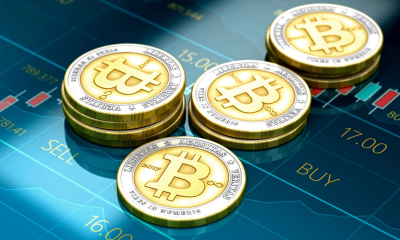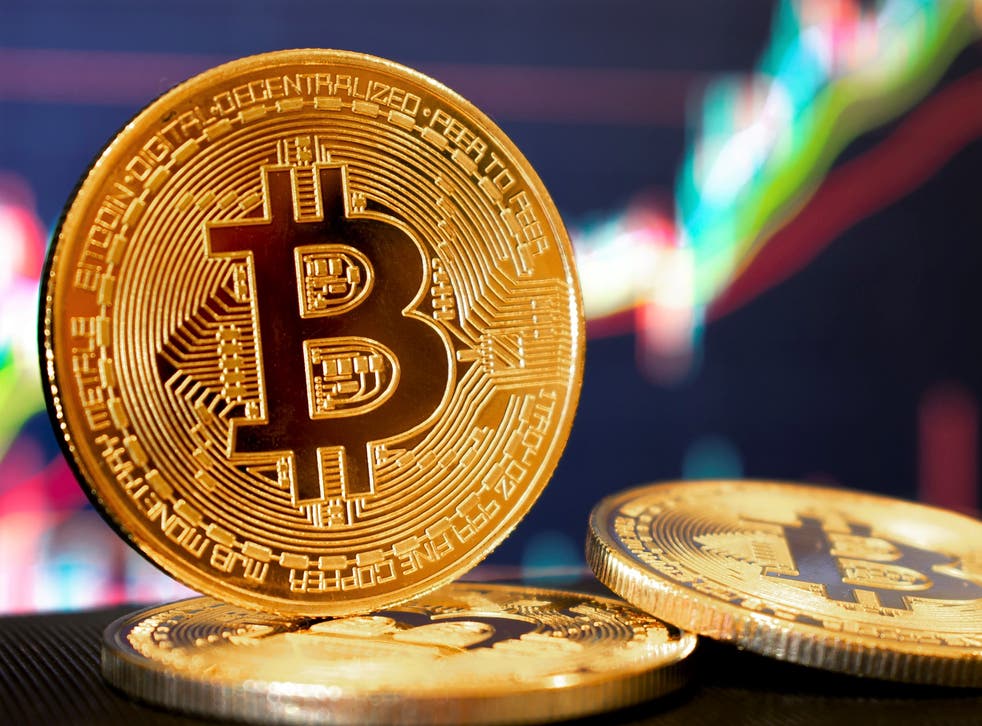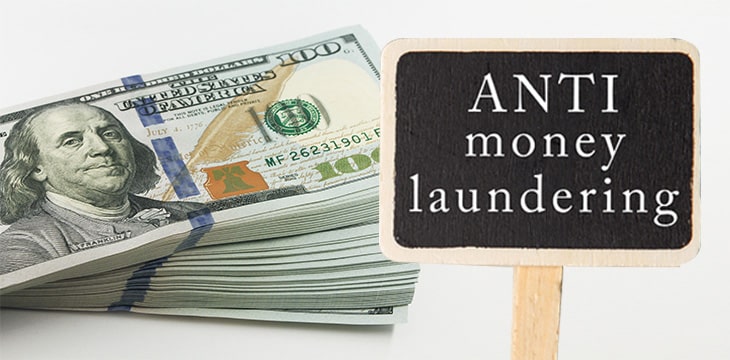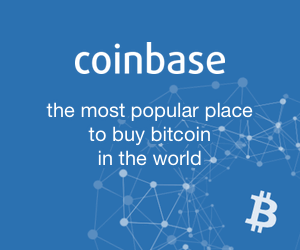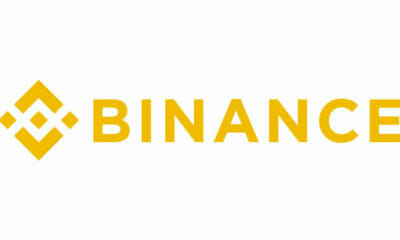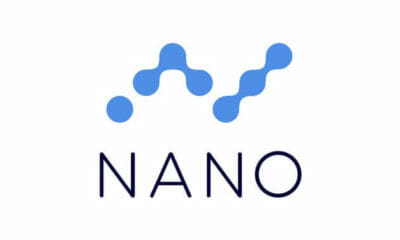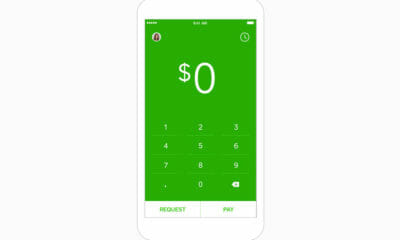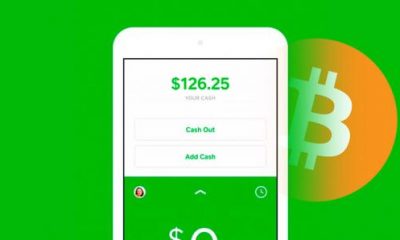If there is one asset, outside of the crypto universe, that bitcoin often gets mentioned in the same breath with, it is gold. The yellow metal has several qualities to which bitcoin and other digital currencies aspire, namely bullion has been used as currency, it is a store of value and seen as a credible alternative to fiat currencies.
Still, bitcoin has a way to go to surpass gold on the investment front.
“Last year, when bitcoin prices rose from their 2017 starting value of just under $1,000 to over $19,000 by mid-December, market chatter was that bitcoin was usurping gold’s role as a store of value and alternative to fiat currencies,” reports CNBC. “After all, bitcoin’s price was skyrocketing, while gold was languishing, staying mostly in the $1,200 an ounce range, despite rising geopolitical worries.”
Commodities as an asset class have a reputation for volatility, but gold is one of the more docile commodities, meaning its comparisons to highly volatile bitcoin may miss the mark. Take the SPDR Gold Shares (GLD) as an example. GLD is an exchange traded fund backed by physical gold. It traded around $118 for much of December while bitcoin was flirting with $20,000. Today, GLD is flirting with $127 while bitcoin is creeping toward $8,900 but only after following below $6,700 earlier this year.
Said another way, gold is often embraced by conservative investors. In its still young life span, bitcoin has proven highly inappropriate for conservative investors.
History Matters
Age matters in financial markets and bitcoin is young by any metric, but gold is old. Really old.
“Gold has been a part of human history for at least 6,000 years, and it has functioned as money since at least 200 BCE in the ancient kingdom of Lydia,” according to State Street, which issues GLD. “Today, gold plays an important role in the international monetary system as a reserve asset in almost all central bank balance sheets.”
Speaking of central banks, many are major buyers of gold while some are looking to ban digital currencies in their respective countries.
Bitcoin and gold have some similarities, including scarcity of supply and that neither is regulated by a central bank.
“Bitcoin is engineered to slowly decline to zero growth around the year 2140, where it will reach maximum capacity of 21 million digital coins,” according to State Street. “Gold doesn’t have a set date or maximum capacity, but on average approximately 3,200 tonnes of gold have been mined every year, adding about 1.7% of the total stock of gold ever mined.”



